June 2, 2025 | 17:31 GMT +7
June 2, 2025 | 17:31 GMT +7
Hotline: 0913.378.918
June 2, 2025 | 17:31 GMT +7
Hotline: 0913.378.918
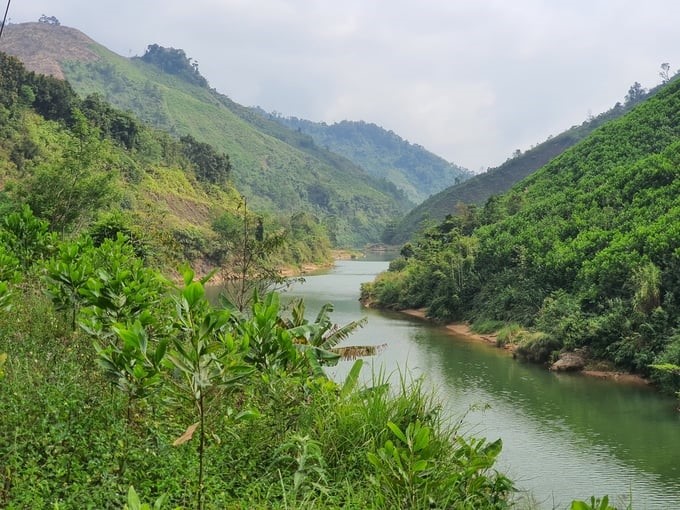
Quang Nam province currently has more than 463,500 hectares of natural forest. Photo: L.K.
In 2021, the Government approved the guidelines for Quang Nam province to establish a pilot project on forest carbon credit business through reducing greenhouse gas emissions from deforestation and forest degradation, sustainable management of forest resources, and conservation and enhancement of forest carbon reserves. The pilot period lasts 5 years (2021–2025).
The forest area in Quang Nam province reaches approximately 681,000 hectares, of which natural forest covers more than 463,500 hectares; forest coverage reaches 58.7%. It is estimated that each year, this province can earn about USD 5 million (equivalent to about VND 130 billion) from selling forest carbon credits. In addition, the project will help Quang Nam maintain the existing natural forest area. By 2025, forest coverage will increase to 61%, and CO2 emissions from forests will reduce by 14.17 million tons by 2030.
In 2023, Vietnam successfully sold 10.3 million forest carbon credits for the first time through the World Bank (WB) at a unit price of USD 5/ton. As of now, the Vietnam Forest Protection and Development Fund has received USD 41.2 million (about VND 959 billion) in the first payment from the WB for six North Central provinces, including Thanh Hoa, Nghe An, Ha Tinh, Quang Binh, Quang Tri, and Thua Thien-Hue.
Meanwhile, Quang Nam is the first province to be approved by the Government to establish a pilot project on forest carbon credit business, but after 3 years, the province has still not been able to complete it. Explaining the reason, Mr. Ha Phuoc Phu, Deputy Director of the Forest Protection Department of Quang Nam province, said that the project on trading forest carbon credits of six North Central provinces is implemented by the Ministry of Agriculture and Rural Development under the FCPF REDD+ program on the mandatory market. Meanwhile, Quang Nam is piloting the voluntary market.
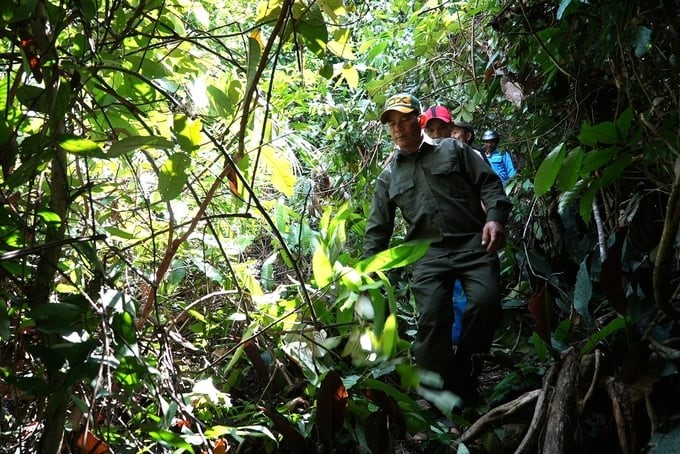
Up to now, Quang Nam province has not been able to sell forest carbon credits. Photo: L.K.
“Because Quang Nam is the first pilot locality, lacks experience, and does not guarantee technical and financial resources, its implementation process faces many difficulties. In addition, the document for selling forest carbon credits to the market must be reviewed and accepted by international appraisal organizations. The document that Quang Nam province developed was sent in the 2018–2019 period. Through appraisal, by 2020, appraisal organizations said that the standards had changed and the document had to be adjusted to comply with the new set of standards,” Mr. Phu said
Discussing this issue, Mr. Le Tri Thanh, Chairman of the Quang Nam Provincial People's Committee, said that selling forest carbon credits is a very new field in Vietnam in general and Quang Nam province in particular. In Vietnam, the legal corridor to ensure the carbon credit business does not yet exist. In addition, there are still many different opinions and no consensus on whether the revenue from selling carbon credits directly serves the work of afforestation and forest protection or is put into the budget to spend on this work.
According to the head of the Quang Nam provincial government, currently, Ministries and Central branches are still confused about developing a model project in accordance with international standards and inviting consulting units to participate in the construction and help the province sell in the international market. Along with that, identifying priority areas for carbon storage and sustainable forest management is currently dependent on National Forest Planning.
"In the coming time, Quang Nam province will actively work with Ministries and Central branches to receive clearer guidance and more favorable conditions in developing the project on registering to participate in selling carbon credits on the world market. There is currently a business that has worked with the province on registering afforestation associated with selling carbon credits.
We are assigning the Department of Agriculture and Rural Development and localities to work with this business to determine afforestation locations, planting scale, mechanism and distribution of benefits and rights, etc. Up to now, this cooperation is still in the exchanging process, without a final plan between the province and this business. However, the exchange will be based on the principle of ensuring harmonious interests between the parties," Mr. Thanh Thong said.
Translated by Huyen Vu Thu
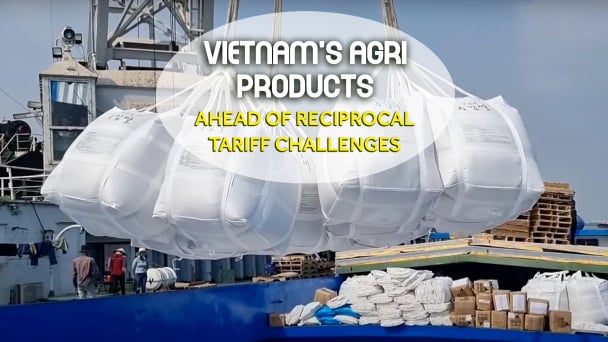
(VAN) Businesses in Vietnam are attempting to export rice to the United States ahead of the implementation of reciprocal tariffs, while remaining their optimism regarding this critical market.
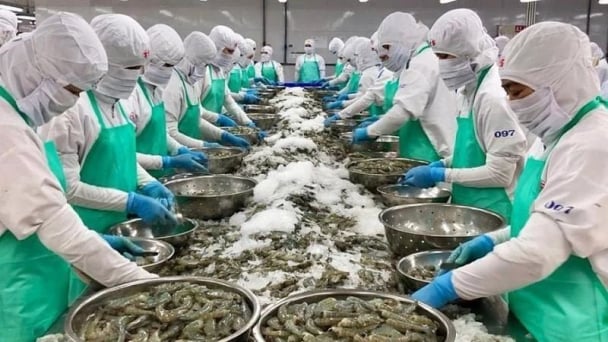
(VAN) From containers of cashew nuts, shrimp to in-depth technical dialogues, agricultural cooperation between Vietnam and the United States is entering a period of sustainable and two-way development.
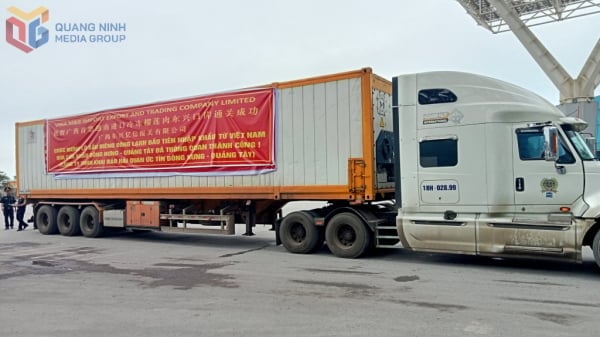
(VAN) After the talks on May 28, Vietnam successfully exported its first batch of frozen durians to China, marking a new milestone in agricultural trade cooperation between the two countries.
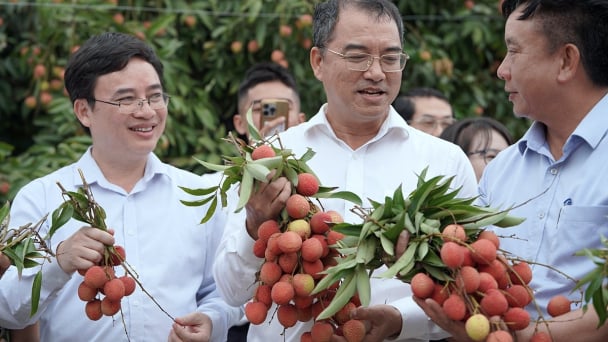
(VAN) Several major companies, such as Red Dragon and Ameii Vietnam, have signed purchasing agreements for the 2025 season, targeting markets including Japan, the United States, and the EU.
/2025/05/30/5010-5-173638_943.jpg)
(VAN) On May 29, at the GO! My Tho Trading Center, the Tien Giang Department of Industry and Trade, in collaboration with Central Retail Corporation, held the opening ceremony of the 3rd Fruit Festival 2025.
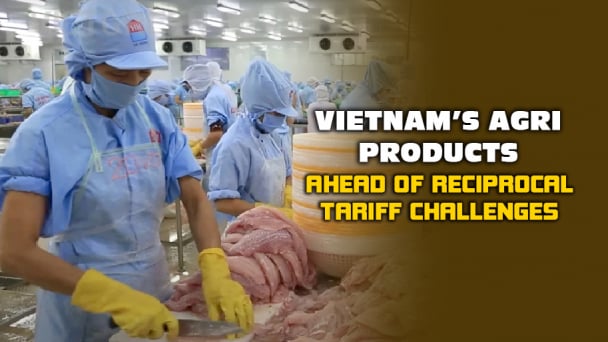
(VAN) Reciprocal tariffs are exerting pressure on U.S. exports, prompting Vietnamese firms to shift their focus to Muslim markets, Thailand, and Brazil.
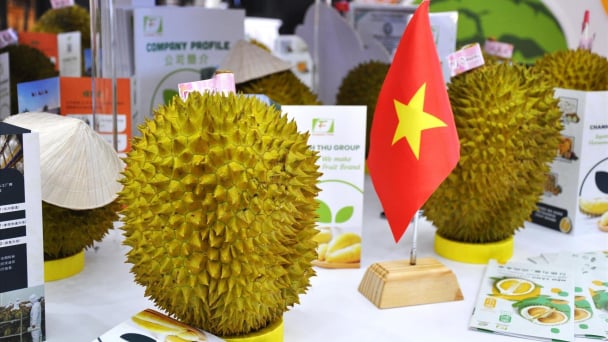
(VAN) A free booth for two years at Xinfadi, Beijing's largest wholesale market, will be allocated to Vietnam's agricultural products.